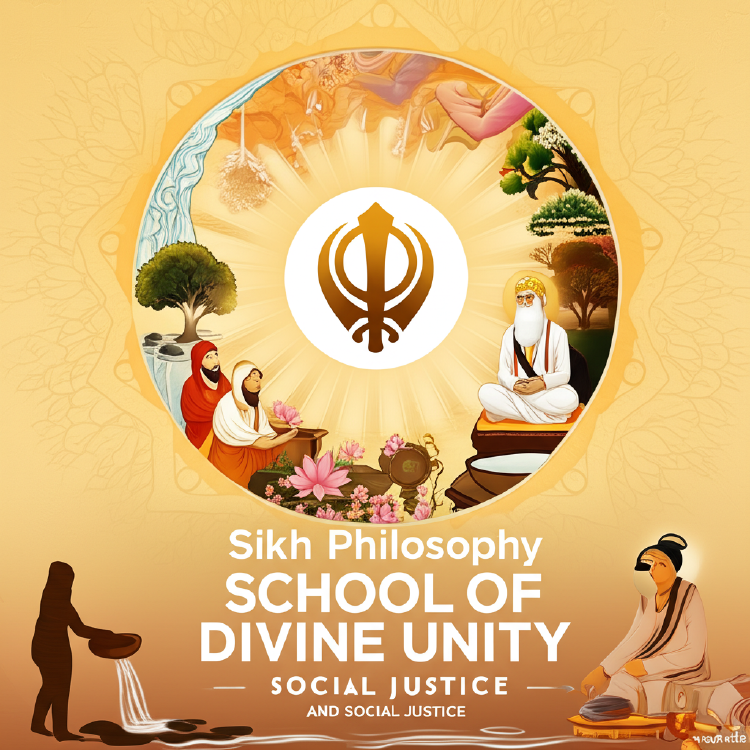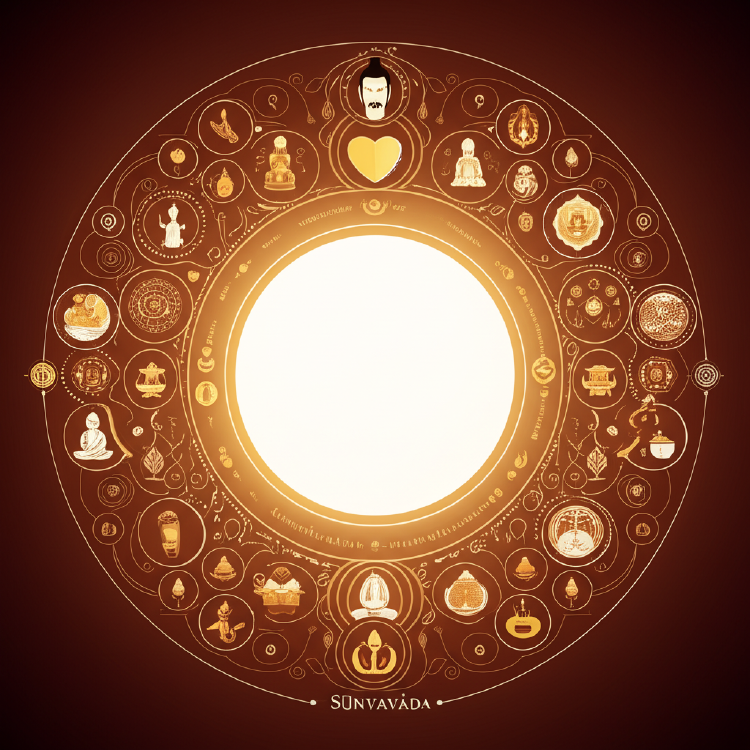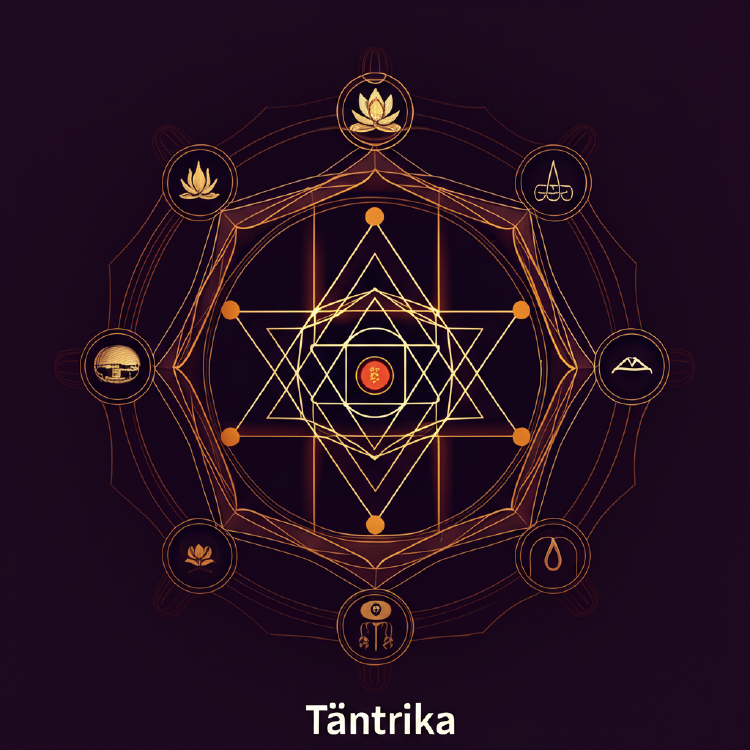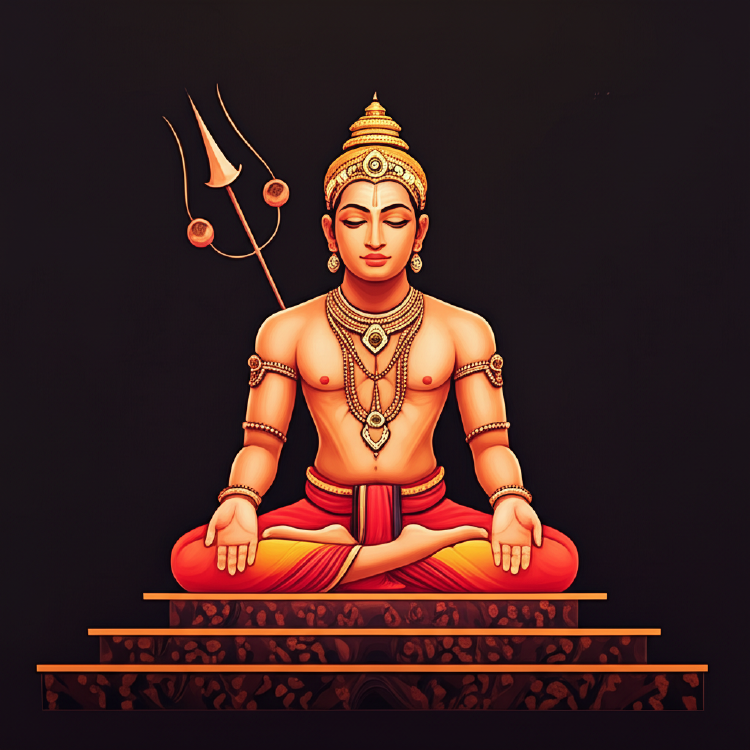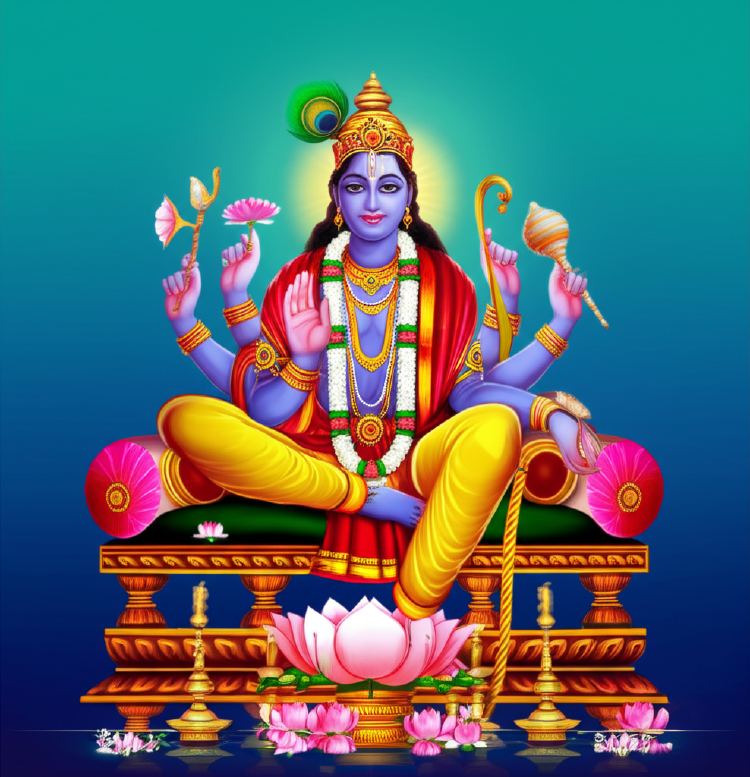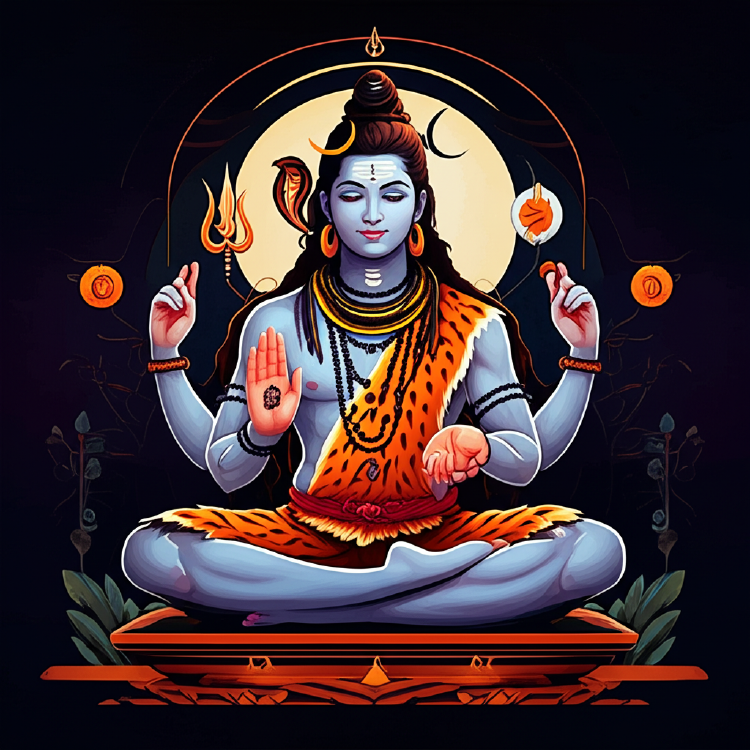
Shaiva Siddhānta – School of Theistic Shaivism
Systematized by Meykandar (13th century CE) in Tamil Nadu, Shaiva Siddhānta posits three eternal entities: God (Pati/Shiva), souls (pashu), and bonds (pasha). It teaches that souls must remove the bonds of ignorance through Shiva's grace to achieve liberation (mukti).
